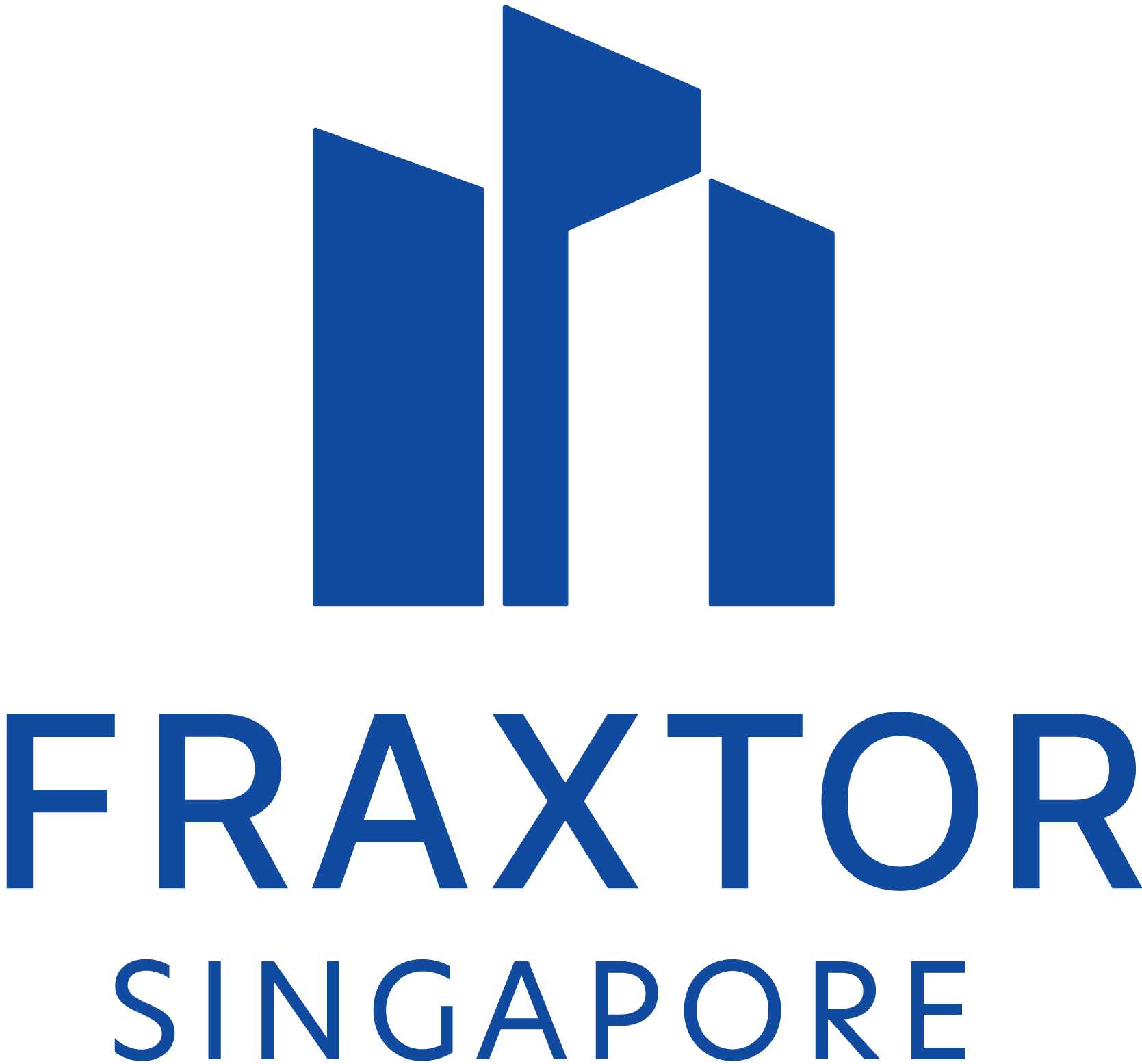
What are property stamp duties?

Stamp duty for properties refers to the tax on documents relating to the sales, purchase or lease of an immovable property, payable to the Inland Revenue Authority of Singapore (IRAS). There are four different types of stamp duty, namely Buyer Stamp Duty (BSD), Additional Buyer Stamp Duty (ABSD), Seller Stamp Duty (SSD) and Lease Duty.
Buyer Stamp Duty
BSD is tax paid upon the acceptance of Option to Purchase (OTP) / Sale & Purchase Agreements (S&P). These are documents that are prepared and signed when you buy or sell a property. Stamp Duty is payable on the actual price or market price, whichever is higher.
You will be charged 1% for the first $180,000, 2% for the next $180,000, 3% for the next $640,000, and 4% for the remaining amount.
| Purchase / Market Value whichever higher | BSD rates for Residential | BSD rates for non-residential |
| 1st $180,000 | 1% | 1% |
| Next $180,000 | 2% | 2% |
| Next $640,000 | 3% | 3% |
| Remaining Amount | 4% | 3% |
Additional Buyer Stamp Duty
ABSD the rate paid on top of existing BSD. It is to be paid only by certain groups of people who buy or acquire residential properties. Below are the rates for ABSD.
Singapore Citizens will be charged 12% for the second property purchase and 15% for the third & subsequent property purchase.
Singapore Permanent Residents will be charged 5% for the first property purchase and 15% for the second & subsequent property purchase.
Foreigners will be charged 25% for each property purchase.
ABSD Rate

However, in situations as mentioned below, ABSD is exempted:
Also, under the respective Free Trade Agreements (FTAs), nationals and Permanent Residents of Iceland, Liechtenstein, Norway, Switzerland and the United States of America will be treated the same as Singapore Citizens, where ABSD is exempted in the purchase of one’s first property.
Seller Stamp Duty
SSD is a property tax that a property seller has to pay to Inland Revenue Authority of Singapore (IRAS) when he/she sells a property within the 3-year holding period (number of years that you own a property). Introduced in 2010, SSD is a property cooling measure to curb the act of flipping property for profit. However, this tax will only be applicable to you if you bought a residential property/land on, or after 20 February 2010.
In addition, SSD will be applicable if you acquired a property through a property transfer in case of a divorce (Stamp Duties (Matrimonial Proceedings) Remission Rule) , inheritance or a transfer of a HDB flat within the family (Stamp Duties (Transfer of HDB Flat Within Family) Remission Rule).
If you’re an HDB flat owner who’s looking to sell your flat after fulfilling the Minimum Occupation Period (MOP) of 5 years, you won’t have to pay SSD.
The rates of SSD payable on residential property that were sold within a certain duration. Note that there have been 2 recent changes in the SSD rates: before 10 March 2017 and after 10 March 2017.
See also: Retirement Homes Offered in Singapore
Before 10 March 2017
| How long have you held the property for? | SSD rates |
| Less than 1 year | 16% |
| Between 1 year to 2 years | 12% |
| Between 2 years to 3 years | 8% |
| Between 3 years to 4 years | 4% |
| More than 4 years | 0% |
After 10 March 2017
| How long have you held your property for? | SSD rates |
| Less than 1 year | 12% |
| Between 1 to 2 years | 8% |
| Between 2 to 3 years | 4% |
| More than 3 years | 0% |
Lease Duty
Stamp Duty on leases is payable based on the contractual rental or the market rental, whichever is higher, at the Lease Duty rates. Lease Duty is usually paid for by the tenant, before the landlord and the tenant signs the tenancy agreement.
The calculation of Lease Duty is 0.4% of the total rent for the lease duration (if lease period is below 4 years), or 0.4% of four times the Average Annual Rent (if the lease period is more than 4 years). The Average Annual Rent (AAR), is computed based on the monthly rent and lease period.
See also: Singapore’s Property Cooling Measures: How does it affect your Property Investment?
For more, visit for blog and FAQ.
Feature Photo by Lukas Träger on Unsplash
Sign up to our newsletter
Sign up for our newsletter to stay in touch with global real estate news and opportunities!
By signing up, you acknowledge that you have read and agreed to our privacy policy.

